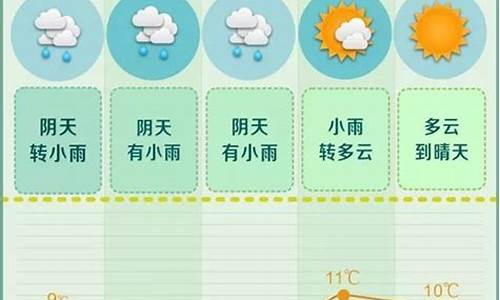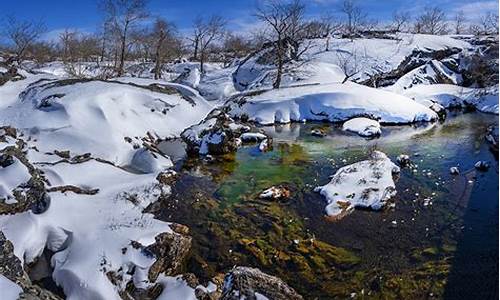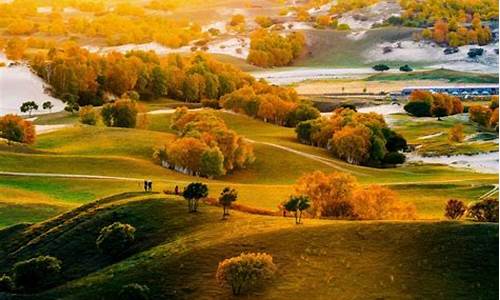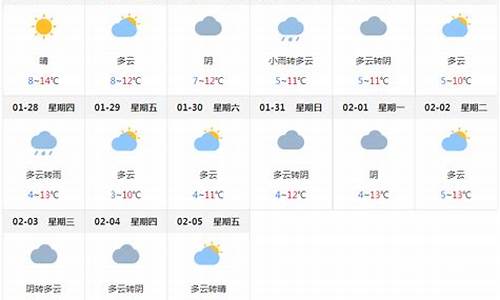气候温暖英文_气候温和的英语怎么说
1.全球气候变暖 用英文怎么说?
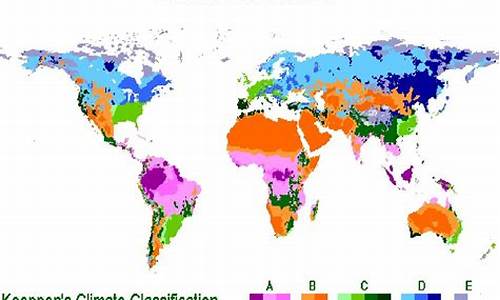
英语“mild winter”翻译成中文是“暖冬”。
我认为上面这句英语中最重要的词汇是mild,下面我带大家来了解一下mild的其他详细内容,希望对您有所帮助:
一、单词音标
单词发音:英?[ma?ld]? ? ?美?[ma?ld]?
二、单词释义
adj.?温和的;柔和的;宽大的;清淡的
三、词语用法
mild指不粗鲁的、不强烈的、不猛烈的、不过分的、愉快舒服的东西或事物。用于气候,可指“暖和的”,即不像预期的那样冷或既不太暖也不太寒。
四、短语搭配
mild climate?温和的气候
mild punishment?轻微的惩罚
mild beer?淡色啤酒
mild weather?温和的天气
the mild action of the soap?肥皂的柔和特性
五、词义辨析
mild, gentle, soft这组词的共同意思是“温和的”。其区别在于:
用于人时, gentle指温和的举动,出于自我克制或对方的体贴; mild则指出于本性; soft指人的性情是温和的、宽厚的、心肠软的、婉转的。
用于物时, gentle可指事物运动变化的缓和; mild指适度、祥和,给人愉快的感觉; soft可指事物的表面的柔软、光滑或声音的温和、较低的等。
六、双语例句
She?received?a?mild?reproof?from?the?teacher.?
她受到了老师温和的责备。
Remove?stains?by?soaking?in?a?mild?solution?of?bleach.?
用温和的漂白剂浸泡以去除污迹。
Use?a?soap?that?is?mild?on?the?skin.?
使用对皮肤刺激性不强的肥皂。
It's?been?a?very?mild?autumn?this?year.?
今年秋天一直很暖和。
It?will?be?a?mild?night,?around?nine?degrees?Celsius.?
晚间天气温和,温度约九摄氏度。
It's?safe?to?take?a?mild?sedative.?
服用药性不强的镇定剂没有危险。
She?looked?at?him?in?mild?surprise.?
她略带吃惊地看着他。
They?called?her?Miss?Mouse?because?she?was?so?meek?and?mild.?
他们称她为“鼠**”,因为她总是那么懦弱谦和。
全球气候变暖 用英文怎么说?
1.Australia is located in the southern hemisphere. It is the largest country in Oceania. It is on the east of the Pacific Ocean. It is near the India ocean in the West. There are many islands in the vicinity. It is about 7 million 692 thousand square kilometers, the population is about 19 million 200 thousand. About 74.2% of the British and Irish descendants. In 1788, the first British immigrants arrived in Australia.
澳大利亚位于南半球,是大洋洲最大的国家,东临太平洋,西临印度洋,附近有很多岛屿,面积约为769.2万平方公里,人口约1920万.约74.2%为英国和爱尔兰后裔,1788年英国首批移民抵澳。
2.The climate is warm all the year round, and most of the population is concentrated in the southeast coast.The capital is Canberra, Sydney is the largest city.
终年气候温暖,大部分人口集中在东南部海岸。首都为Canberra,悉尼是最大的城市。
3.Australia is rich in natural resources and well-developed tourism, and a large number of tourists come here every year.
澳大利亚自然资源丰富旅游业发达,每年有大量游客来此旅游。
:
澳大利亚联邦(英语:Commonwealth of Australia),简称“澳大利亚”(Australia)。其领土面积7692024平方公里,四面环海,是世界上唯一国土覆盖一整个大陆的国家,因此也称“澳洲”。拥有很多独特的动植物和自然景观的澳大利亚,是一个奉行多元文化的移民国家。
澳大利亚(Australia)一词,原意为“南方的大陆”,由拉丁文 terraaustralis (南方的土地)变化而来。欧洲人在17世纪发现这块大陆时,误以为是一块直通南极的陆地,故取名“澳大利亚”。?
澳大利亚原为澳大利亚土著的居住地。17世纪初,西班牙、葡萄牙和荷兰人先后抵此。1770年沦为英国殖民地,1901年组成澳大利亚联邦,成为英国的自治领。1931年成为英联邦内的独立国家。?
澳大利亚是一个高度发达的资本主义国家,首都为堪培拉。作为南半球经济最发达的国家和全球第12大经济体、全球第四大农产品出口国,其也是多种矿产出口量全球第一的国家,因此被称作“坐在矿车上的国家”。同时,澳大利亚也是世界上放养绵羊数量和出口羊毛最多的国家,也被称为“骑在羊背的国家”。澳大利亚人口高度都市化,近一半国民居住在悉尼和墨尔本两大城市,全国多个城市曾被评为世界上最适宜居住的地方之一。其也是一个体育强国,常年举办全球多项体育盛事。澳大利亚积极参与国际事务,是亚太经合组织的创始成员,也是联合国、20国集团、英联邦、太平洋安全保障条约、经济合作与发展组织及太平洋岛国论坛的成员。
global warming 或者green house effect 温室效应,又译全球气候变暖
The greenhouse effect is the rise in temperature that the Earth experiences because certain gases in the atmosphere (water vapor, carbon dioxide, nitrous oxide, and methane, for example) trap energy from the sun. Without these gases, heat would escape back into space and Earth’s average temperature would be about 60?F colder. Because of how they warm our world, these gases are referred to as greenhouse gases.
Have you ever seen a greenhouse? Most greenhouses look like a small glass house. Greenhouses are used to grow plants, especially in the winter. Greenhouses work by trapping heat from the sun. The glass panels of the greenhouse let in light but keep heat from escaping. This causes the greenhouse to heat up, much like the inside of a car parked in sunlight, and keeps the plants warm enough to live in the winter.
The Earth’s atmosphere is all around us. It is the air that we breathe. Greenhouse gases in the atmosphere behave much like the glass panes in a greenhouse. Sunlight enters the Earth's atmosphere, passing through the blanket of greenhouse gases. As it reaches the Earth's surface, land, water, and biosphere absorb the sunlight’s energy. Once absorbed, this energy is sent back into the atmosphere. Some of the energy passes back into space, but much of it remains trapped in the atmosphere by the greenhouse gases, causing our world to heat up.
The greenhouse effect is important. Without the greenhouse effect, the Earth would not be warm enough for humans to live. But if the greenhouse effect becomes stronger, it could make the Earth warmer than usual. Even a little extra warming may cause problems for humans, plants, and animals.
声明:本站所有文章资源内容,如无特殊说明或标注,均为采集网络资源。如若本站内容侵犯了原著者的合法权益,可联系本站删除。


